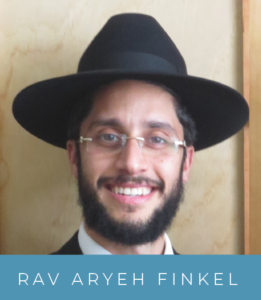Q&A from the Bais HaVaad Halacha Hotline
Relative Terms
December 29, 2022
Q May I honor a distant relative to serve as an eid kidushin (witness) at my wedding?

A Kidushin is only effective if it is performed before two valid witnesses (Shulchan Aruch E.H. 42:2). Family members cannot serve as witnesses, as it says, “Fathers shall not be put to death because of sons, and sons shall not be put to death because of fathers…” (Dvarim 24:16). This also applies to other close relatives.
Some authorities (cited by Rama C.M. 33:2) limit the restriction to paternal relatives and maintain that maternal relatives, e.g., first cousins whose mothers are sisters, are valid mide’Oreisa. They also hold the view that relatives through marriage, e.g., a father-in-law, are valid mide’Oreisa. Others assert that both maternal and spousal relatives are invalid mide’Oreisa (Shach ibid.). But even the lenient opinion agrees that Chazal invalidated maternal and spousal relatives (Rambam Hilchos Eidus 13:1).
Relatives that cannot be witnesses include a father, son, brother, uncle, nephew, and first cousin. (Second cousins are valid; see S.A. C.M. 33:2.) The poskim debate the status of a great uncle and a great nephew (ibid.); the Rama rules stringently. All agree that a first cousin once removed is valid.
These guidelines apply to virtually all applications of eidus, but not gittin (divorces). Given the severity of gittin, the poskim set more restrictive guidelines for who can sign a get (Rama E.H. 130:1). Although the poskim don’t call for this stringency to apply to kidushin, the prevailing minhag is that it does. In practice, paternal and maternal cousins—up to third cousins—are invalid (Kav Naki Seder Haget). But note that this brief overview is incomplete, so the specifics should be presented to the mesader kidushin (officiant).